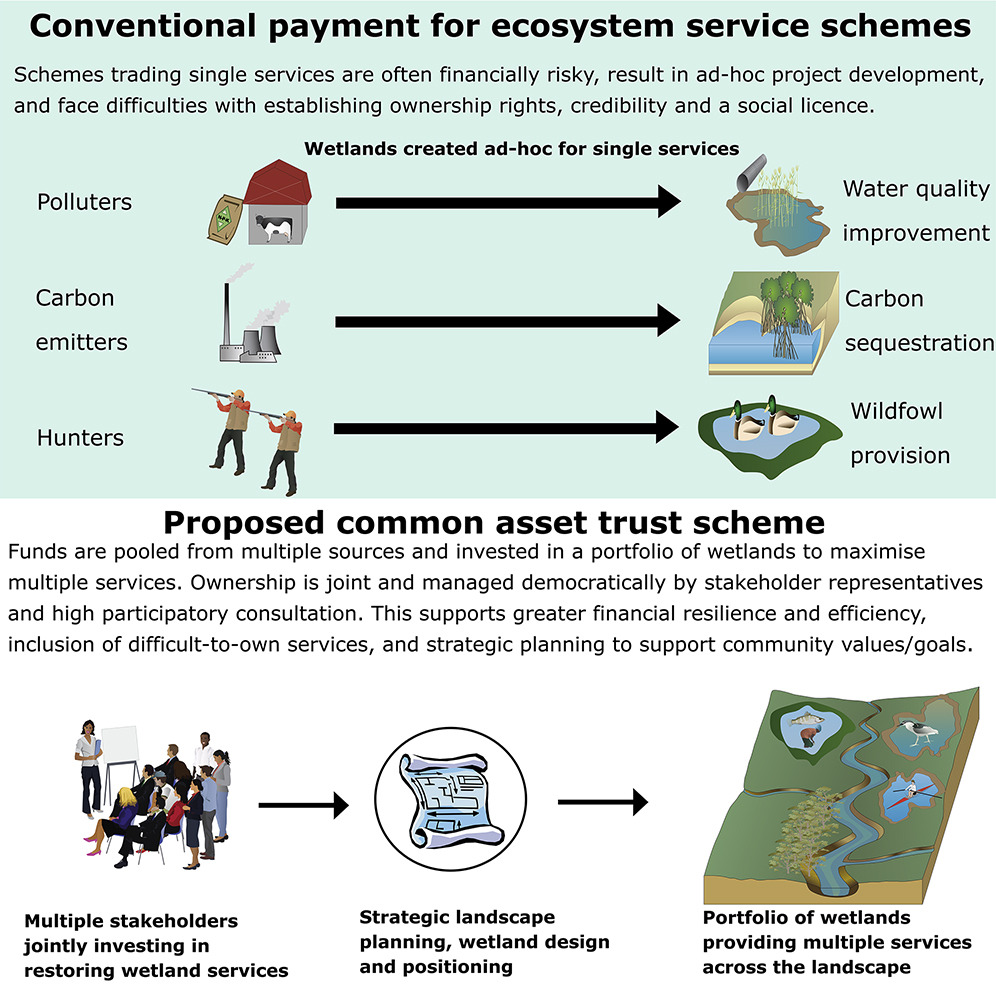The Lancet Global Health, Volume 9, July 2021
The Lancet Child and Adolescent Health, Volume 5, July 2021
eClinicalMedicine, Volume 37, July 2021
Women's Studies International Forum, Volume 87, 1 July 2021
The World Health Organization considers the provision of information about safe, legal abortion essential for good-quality abortion care, but the question remains about who is responsible for providing information to people whose needs are not met in their own countries. Using data from a mixed-method research conducted with women travelling from France, Germany, Italy, and Ireland to seek abortion care in the UK, the Netherland, and Spain, we map the trajectories through which people receive information about accessing abortion abroad.
Current Developments in Nutrition, Volume 5, Issue 8, August 2021, nzab096
Mitochondrion, Volume 59, July 2021

